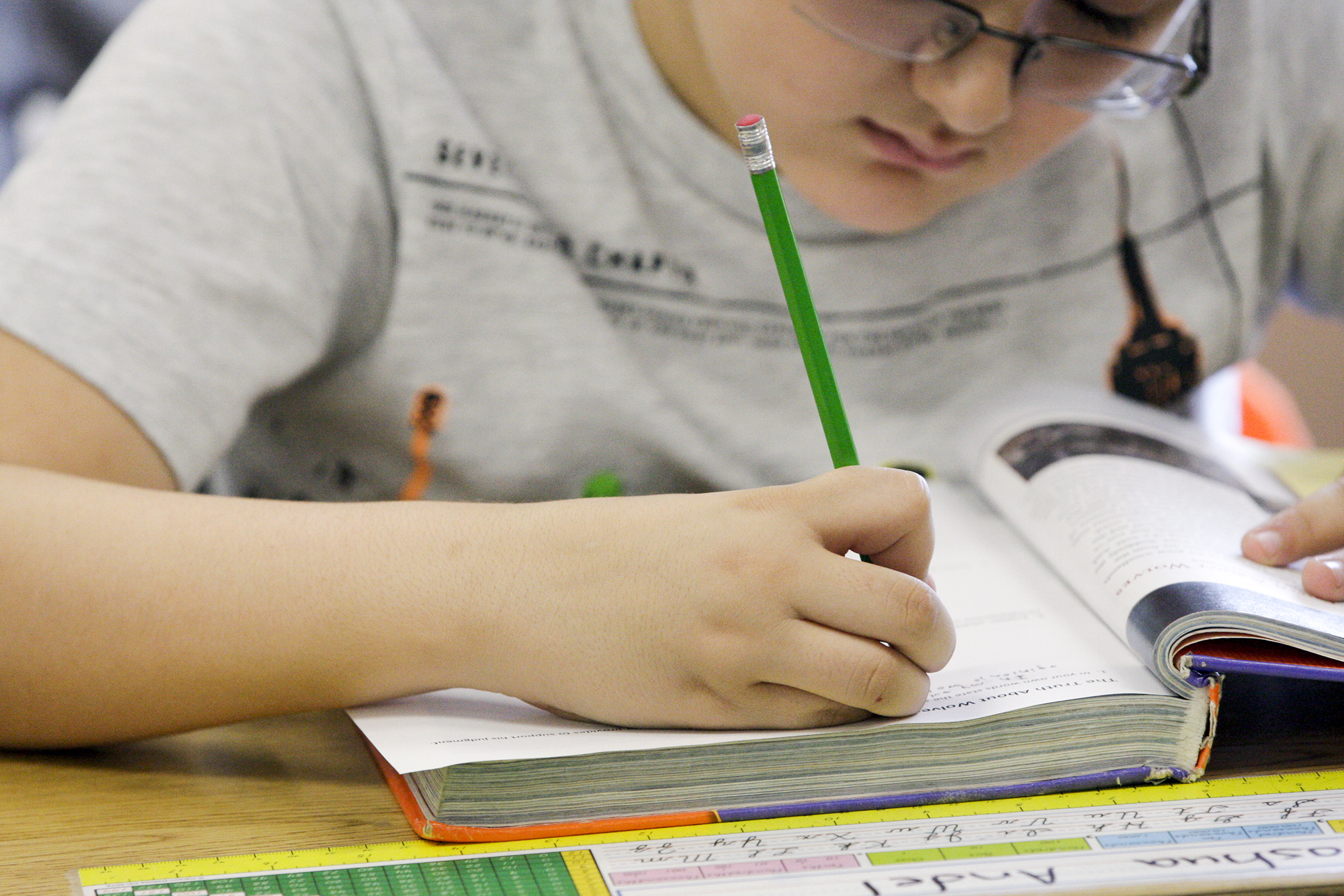Walz proposes $745 million in new state aid for E-12 education

The E-12 education budget is the largest expenditure in Gov. Tim Walz’s “Minnesota’s COVID-19 Recovery Budget” proposal, totaling 40.6% of the $52.4 billion recommendation.
The House Education Finance Committee received a high-level overview of the education portion of that proposal Thursday from Department of Education representatives.
Last month, Walz revealed the Due North education plan which includes wide-ranging changes geared toward mitigating pandemic-related learning losses, closing racial opportunity gaps, simplifying school funding formulas, expanding opportunities for students in Greater Minnesota and diversifying the teaching workforce.
Deputy Education Commissioner Heather Mueller highlighted how the recommendation reflects those values and fits within the agency’s strategic plan.
“Part of the foundational principles of the Department of Education is to be really thoughtful and purposeful as we move toward equity and ensuring access, representation and participation for every single student,” she said. “It’s incredibly important for us to continue to have these at the forefront as decisions are made, not only in the policies and practices but also around our budgetary decisions.”
In total, the proposal includes a new state investment of $745 million for pre-K through grade 12 education funding over the next two years, in addition to recent federal investments of $649 million for pandemic-related education recovery.
The bulk of that funding, $301 million, would be used to increase the general education basic formula by 1% percent during fiscal year 2022 and 2.5% in fiscal year 2023. The general funding formula is the biggest source of state aid to schools and offers districts the most flexibility and local control.
It also includes $146.75 million for a 2021 summer package that would be paid for using a combination of state budget surplus and federal COVID relief funds. The programming would expand afterschool and summer programming, provide access to child care, expand school-linked mental health services and help schools develop community partnerships for added tutoring services and hands-on learning opportunities.
Other added investments are focused on addressing existing and ongoing issues, including the worsening special education cross-subsidy, persistent opportunity gaps for students of color, and a lack of mental health and student support services.
Expressing concerns over mandated-school closures, Rep. Steve Drazkowski (R-Mazeppa) suggested that additional funding would not be needed for some programs, such as increased mental health services, if the Walz administration had handled the pandemic response differently.
“We have some financial issues with schools that are caused largely because of government’s reaction to this pandemic,” he said. “It seems that this budget proposal simply throws more money at solving problems caused by those decisions.”
Much of the funding for mental health and additional support services isn’t only a reaction to what has happened throughout the pandemic, Mueller said. It’s to rectify continuous understaffing of counselors, social workers, mental health providers and nurses in schools statewide.
Rep. Julie Sandstede (DFL-Hibbing) concurred with Mueller, explaining that over the course of her teaching career she has seen the mental health needs of her students grow and that more funding and support is needed to address it.
“Over the course of 27 years I have seen the needs of our students increasing,” she said. “We have a need that we are basically not able to keep up with, and that’s not because of the pandemic.”
Appropriations in the E-12 proposal include:
- $95.4 million to simplify school funding formulas and improve levy equalization;
- $72.7 million to freeze the special education cross-subsidy;
- $47 million for student support personnel;
- $41 million to extend voluntary prekindergarten programming;
- $13.7 million to reduce the English language learner cross-subsidy;
- $10 million for statewide teacher mentorship program;
- $10 million to expand rigorous course work for students of color;
- $10 million for full-service community schools; and
- $6.6 million for a tribal early learning package.
Related Articles
Search Session Daily
Advanced Search OptionsPriority Dailies
Speaker Emerita Melissa Hortman, husband killed in attack
By HPIS Staff House Speaker Emerita Melissa Hortman (DFL-Brooklyn Park) and her husband, Mark, were fatally shot in their home early Saturday morning.
Gov. Tim Walz announced the news dur...
House Speaker Emerita Melissa Hortman (DFL-Brooklyn Park) and her husband, Mark, were fatally shot in their home early Saturday morning.
Gov. Tim Walz announced the news dur...
Lawmakers deliver budget bills to governor's desk in one-day special session
By Mike Cook About that talk of needing all 21 hours left in a legislative day to complete a special session?
House members were more than up to the challenge Monday. Beginning at 10 a.m...
About that talk of needing all 21 hours left in a legislative day to complete a special session?
House members were more than up to the challenge Monday. Beginning at 10 a.m...